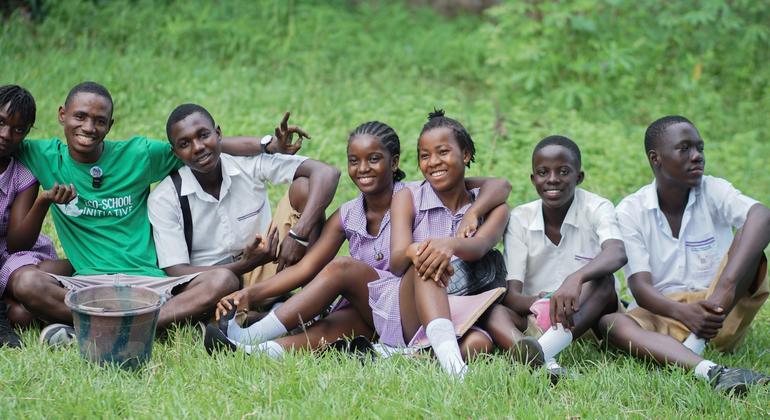Here’s the American English translation of the provided text:
—
In a global context marked by the growing digital divide, demographic changes, and climate challenges, the Second World Summit on Social Development will take place from November 4 to 6 in Doha, Qatar. This event will bring together leaders from various nations with the goal of revitalizing the global commitment to inclusive and equitable development, as established at a UN summit held three decades ago in Copenhagen.
The summit raises a crucial question: how can we ensure that no one is left behind? Li Junhua, the UN Under-Secretary-General for Economic and Social Affairs, has emphasized the rise in inequalities and the complex challenges facing communities, ranging from conflicts to climate crises. Nevertheless, he also highlighted the remarkable capacity for innovation and solidarity that humanity has shown in difficult times.
Bjørg Sandkjær, another senior UN official, described the summit as a “global call to action,” noting that over a billion people survive in conditions of extreme poverty and that 40% of the global population lacks access to social protection. This meeting is part of a broader effort to renew trust in collective progress and establish a favorable framework for social development.
The process leading up to the summit will culminate in the formal adoption of the Doha Political Declaration at the opening session. This declaration aims to reaffirm government commitment to development that benefits all segments of society, emphasizing the urgent need to address poverty and inequality, five years ahead of the target set to achieve the Sustainable Development Goals.
During the summit, there will be a parallel program that includes forums dedicated to civil society and the business sector, along with an interactive solutions plaza, where innovations in employment and social protection will be showcased. The new Doha Solutions Platform, jointly developed by Qatar and France, will unveil concrete commitments and new initiatives to combat poverty and promote inclusion.
Sandkjær, who participated in the first summit as an activist in 1995, stressed that this moment represents both a continuation and a change. She noted that today’s youth face more complex challenges, including misinformation and climate anxiety. According to her, the true success of the summit will not be measured by speeches but by the ability to translate those commitments into tangible improvements in people’s lives, ensuring decent jobs, social protection, and inclusion.
With a sense of urgency, world leaders are arriving in Doha, aware that the mission to build a world where progress is measured in terms of well-being and human dignity is more relevant than ever. Coverage of this historic summit will be broadcast live, including interviews and reports reflecting the impact of this event on global society.
—
If you need any adjustments or further assistance, feel free to ask!
via: MiMub in Spanish










